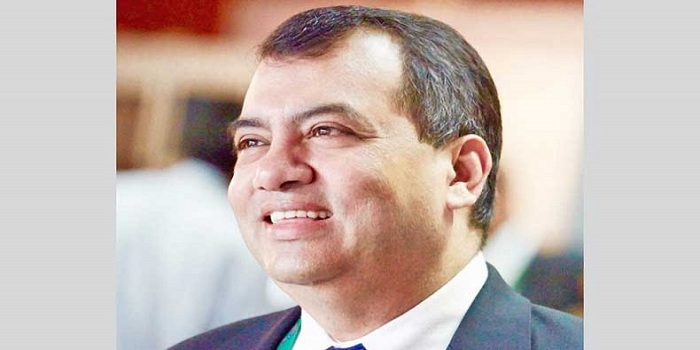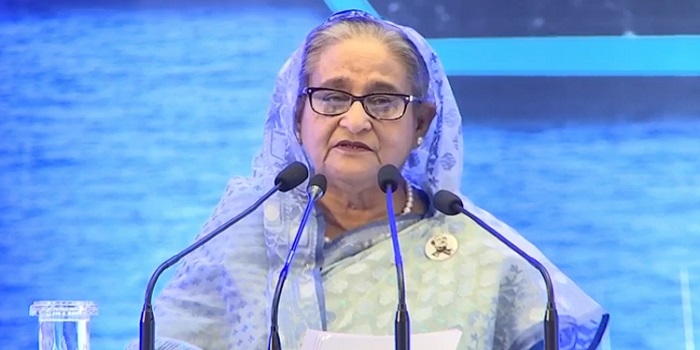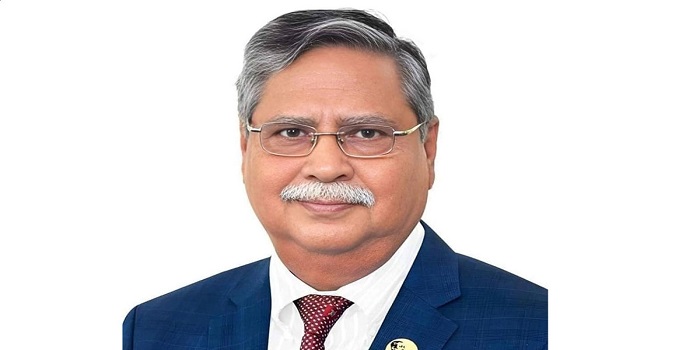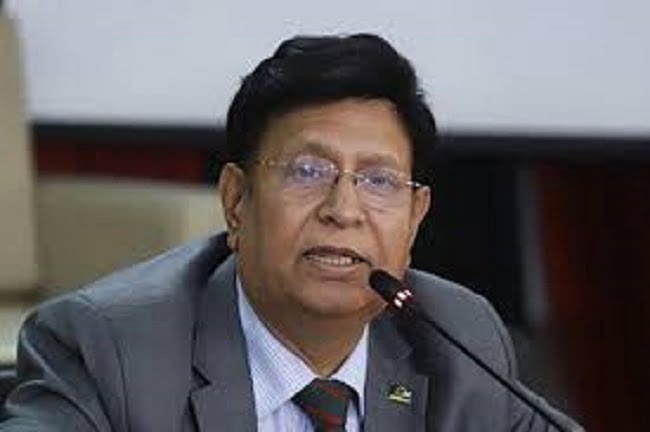Afghan survivors of US drone strike: Sorry ‘is not enough’
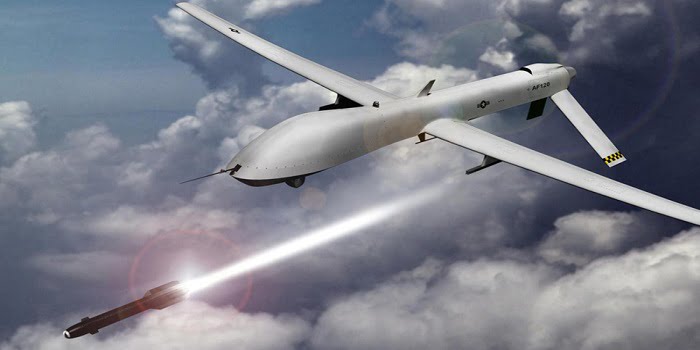
Sorry is not enough for the Afghan survivors of an errant US drone strike that killed 10 members of their family, including seven children.
Emal Ahmadi, whose 3-year-old daughter Malika was killed on Aug. 29, when the US hellfire missile struck his elder brother’s car, told The Associated Press on Saturday that the family demands Washington investigate who fired the drone and punish the military personnel responsible for the strike.
“That is not enough for us to say sorry,” said Ahmadi. “The USA. should find the person who did this.”
Ahmadi said the family is also seeking financial compensation for their losses and demanded that several members of the family be relocated to a third country, without specifying which country.
The AP and other news organizations in Kabul reported after the strike that the driver of the targeted vehicle, Zemerai Ahmadi, was a longtime employee at an American humanitarian organization and cited an absence of evidence to support the Pentagon’s assertion that the vehicle contained explosives.
The missile struck as the car was pulling into the family’s driveway and the children ran to greet Zemerai.
On Friday, US Marine Gen. Frank McKenzie, head of US Central Command, called the strike a “tragic mistake,” and after weeks of denials, said that innocent civilians were indeed killed in the attack and not a Daesh extremist as was announced earlier.
The drone strike followed a devastating suicide bombing by the Daesh group — a rival of the Taliban — that killed 169 Afghans and 13 US military personnel at one of the gates to the Kabul airport. For days, desperate Afghans had swarmed the checkpoints outside the airport, trying to leave the country amid the chaotic US and NATO troops pullout, fearing for their future under the Taliban.
McKenzie apologized for the error and said the United States is considering making reparation payments to the family of the victims.
Emal Ahmadi, who said he heard of the apology from friends in America, insisted that it won’t bring back members of his family and while he expressed relief for the US apology and recognition that his family were innocent victims, he said he was frustrated that it took weeks of pleading with Washington to at least make a call to the family.
Even as evidence mounted to the contrary, Pentagon officials asserted that the strike had been conducted correctly, to protect the US troops remaining at Kabul’s airport ahead of the final pullout the following day, on Aug. 30.
Looking exhausted, sitting in front of the charred ruins of Zemarai’s car, Ahmadi said he wanted more than an apology form the United States — he wanted justice, including an investigation into who carried out the strike “and I want him punished by the USA.”
In the days before the Pentagon’s apology, accounts from the family, documents from colleagues seen by The AP and the scene at the family home — where Zemerai’s car was struck by the missile — all sharply contradicted the accounts by the US military. Instead, they painted the picture of a family that had worked for Americans and were trying to gain visas to the US, fearing for their lives under the Taliban.
Zemerai was the family’s breadwinner had looked after his three brothers, including Emal, and their children.
“Now I am then one who is responsible for all my family and I am jobless,” said Emal Ahmadi. The situation “is not good,” said Ahmadi of life under the Taliban. International aid groups and the United Nations have warned of a looming humanitarian crisis that could drive most Afghans below the poverty level.
McKenzie said the decision to strike a white Toyota Corolla sedan, after having tracked it for about eight hours, was made in an “earnest belief” — based on a standard of “reasonable certainty” — that it posed an imminent threat to American forces at the Kabul airport. The car was believed to have been carrying explosives in its trunk, he said.
But Ahmadi wondered how the his family’s home could have been mistaken for a Daesh hideout.
“The USA. can see from everywhere,” he said of US drone capabilities. “They can see that there were innocent children near the car and in the car. Whoever did this should be punished.”
“It isn’t right,” he added.



